Foreign Policy
Qatar’s Partnership with the United Nations
Qatar has been a member of the United Nations (UN) since 1971. Qatar’s Permanent Representative to the UN is Her Excellency Sheikha Alya Ahmed bin Saif Al Thani. Through its strategic partnership with the UN, Qatar supports international peace and security initiatives, international development, human rights, and combatting the various challenges that exist in the world.
Qatar is a strong supporter of the United Nations and has become one of its key partners through significant financial and institutional contributions. Its support extends to 40 UN bodies and agencies, including a landmark $500 million agreement signed in 2018 to fund various UN organizations and initiatives worldwide.
Building on this commitment, Qatar reinforced its position as a regional hub for multilateralism with the opening of the United Nations House in Doha in 2023 - the first facility of its kind in the region. The UN House serves as a platform for closer cooperation between Qatar and the UN, while coordinating the regional functions of major agencies such as the International Organisation for Migration, UNESCO, UNICEF, UNHCR, WHO and others.
Qatar’s International Diplomacy and Development Efforts
Qatar’s foreign policy is based on a set of principles aimed at strengthening international cooperation and encouraging the peaceful resolution of disputes. Qatar strongly believes in the power of diplomacy and dialogue and has a successful track record in conflict mediation. Qatar’s foreign policy respects and honours all international treaties and conventions to which it is a party.
Qatar’s foreign policy seeks to:
- Promote sustainable development and alleviate discrimination against women and religious minorities.
- Provide humanitarian assistance in regions of conflict and war.
- Support and strengthen efforts to reduce anticipated humanitarian needs during emergencies.
- Find solutions to conflicts through dialogue and mediation.
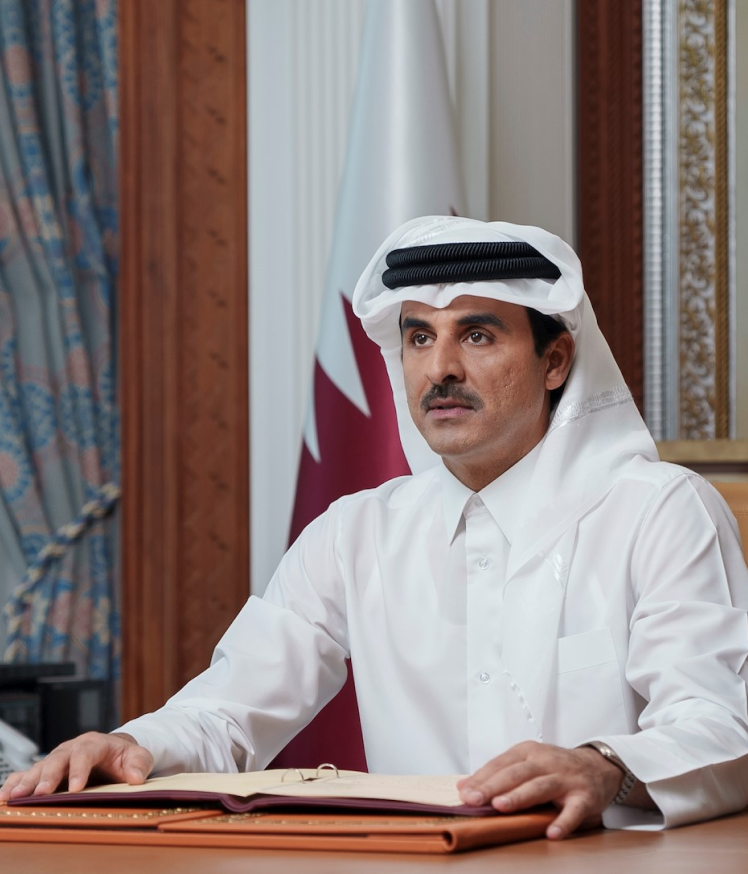
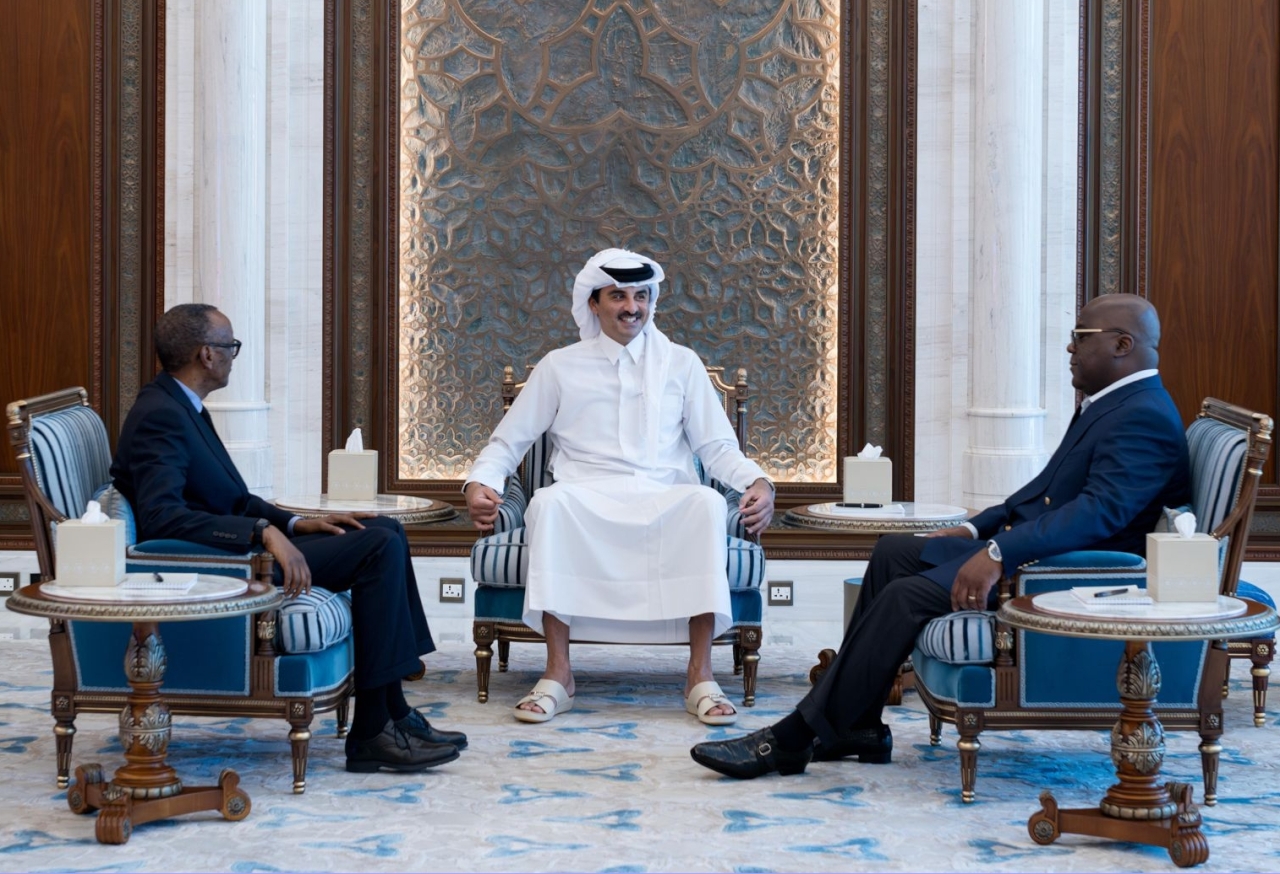
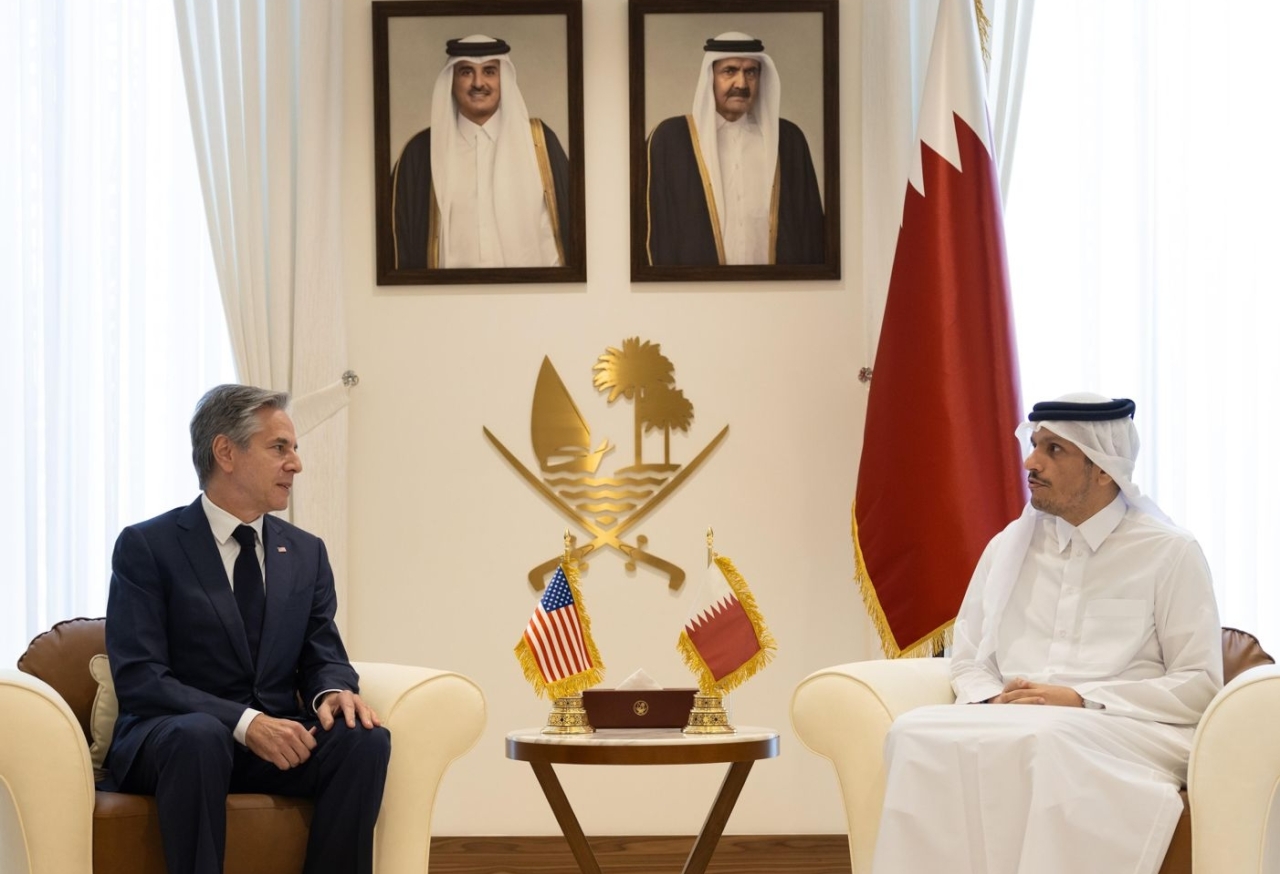
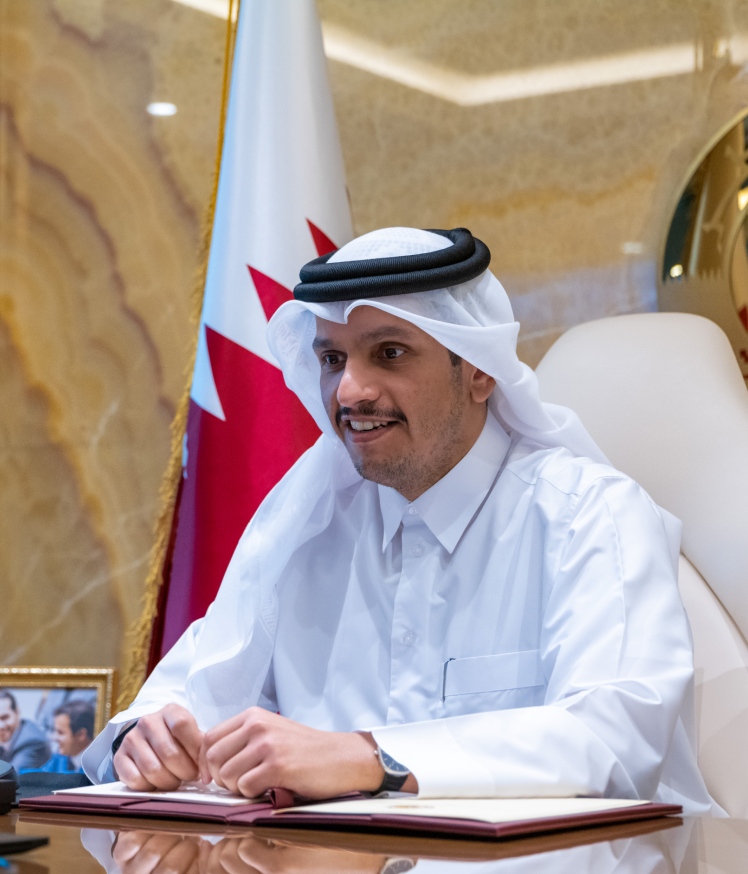
Qatar’s Most Prominent Regional and International Mediation Efforts
Qatar has served as a mediator and peace facilitator in major conflicts in the past.
-
2008
Qatar brokered the Doha agreements between rival Lebanese factions, which ended an 18-month long political crisis.
-
2008-2013
Qatar took a leadership role in peace efforts in Sudan, hosting peace talks in Doha between the Sudanese Government and the Justice and Equality Movement in Darfur.
-
2015
Qatar successfully mediated between the rival Tebu and Taureg tribes in Libya, resulting in the signing of a peace and reconciliation agreement in Doha.
-
2020
Qatar mediated the signing of an agreement between the US and the Taliban.
-
2021
Qatar mediated a dispute between Kenya and Somalia.
-
2021
Qatari efforts contributed to a ceasefire declared between Gaza and Israel, in coordination with Egypt and the United Nations.
-
2022
Qatar hosted negotiations between Chad’s Transitional Military Council and Chadian opposition groups to bring an end to the armed conflict and build towards national reconciliation, resulting in the signing of the Doha Peace Agreement.
-
2023
Qatar mediated the exchange of detainees between the US and Iran, as well as a successful prisoner swap deal between the US and Venezuela. In the same year, Qatar’s mediation efforts during the war in Gaza contributed to a humanitarian pause and the release of over 100 hostages.
-
2023 - 2025
Qatar's mediation efforts led to the reunification of Ukrainian and Russian children with their families.
-
2025
Qatar, in coordination with Egypt and the US, secured a Gaza ceasefire and prisoner swap deal between Hamas and Israel.
-
2025
Qatar facilitated dialogue between the Government of the Democratic Republic of the Congo and the Alliance Fleuve Congo/March 23rd (AFC/M23) movement, resulting in a joint commitment to reach a ceasefire.
-
2025
Qatar facilitated dialogue between the Government of the Democratic Republic of the Congo and the Alliance Fleuve Congo/March 23rd (AFC/M23) movement, resulting in a joint commitment to reach a ceasefire.
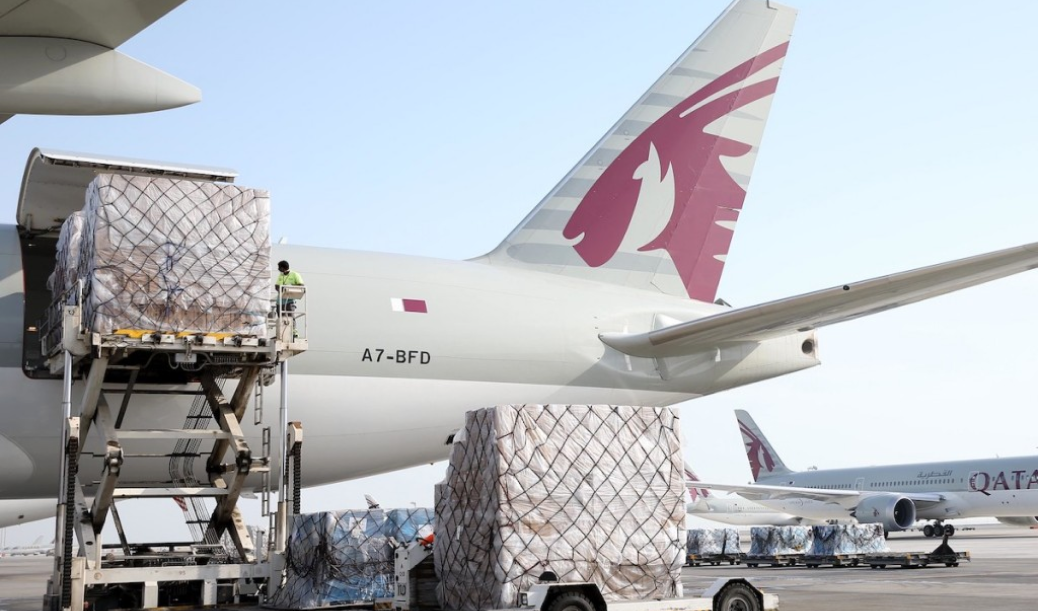
Humanitarian Aid
Qatar provides humanitarian aid for education, health and economic development initiatives around the world. Working with international organisations and partner countries, Qatar is committed to collaborating with the international community to achieve sustainable global development goals and to respond rapidly to humanitarian emergencies.
Multilateral framework
Qatar plays an active role in the international community, including through its membership in the Gulf Cooperation Council, the League of Arab States, the Group of 77, the Non-Aligned Movement, and the Organisation of Islamic Cooperation.
Qatar has positioned itself as a key player in global security efforts, taking a proactive role in combating terrorism and strengthening international cooperation. It was the first country in the region to sign a memorandum of understanding (MoU) with the United States in 2017 to counter terror financing through dialogue, intelligence sharing, and security technology research. It is also a founding member of the Global Counter Terrorism Forum, working with 29 other countries, and a strategic partner of the Global Coalition to Defeat ISIS, actively participating in all its working groups on counter-finance, stabilisation, foreign terrorist fighters, and communication.
